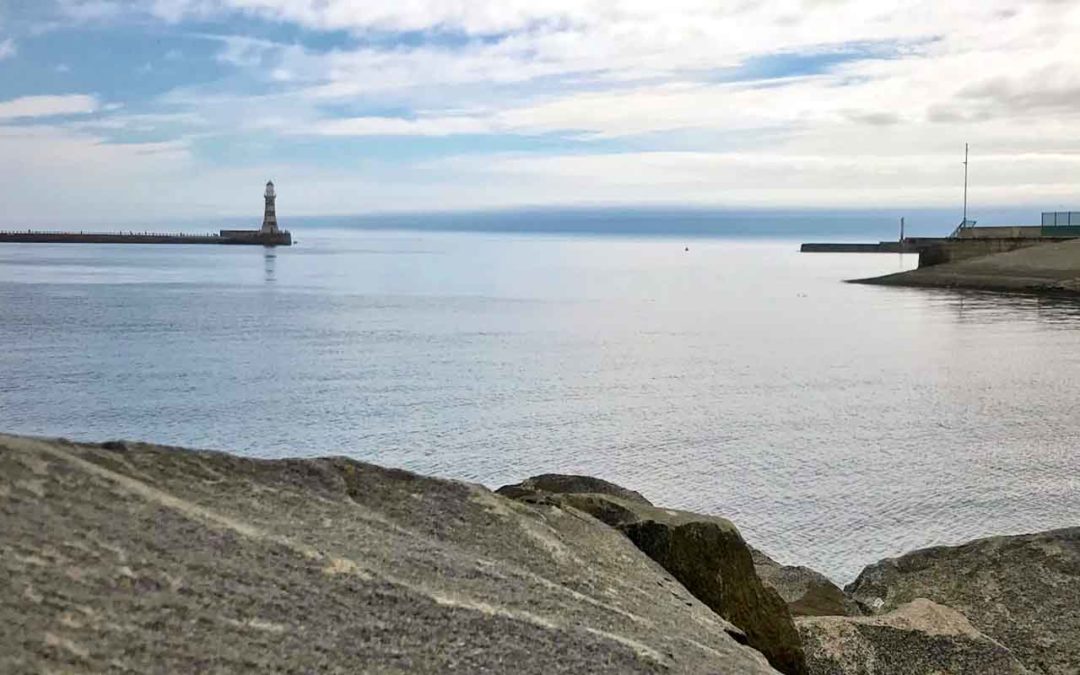 The Victoria County History (VCH) project has just appointed a new editor, Professor Angus Winchester from Lancaster University. Brush any ‘waxed jackets’ notions of county aside because this august body publishes historical reference works on English counties – it has a long and illustrious history of its own – and is coordinated by the Institute of Historical Research.
The Victoria County History (VCH) project has just appointed a new editor, Professor Angus Winchester from Lancaster University. Brush any ‘waxed jackets’ notions of county aside because this august body publishes historical reference works on English counties – it has a long and illustrious history of its own – and is coordinated by the Institute of Historical Research.
Part of the University of London’s School of Advanced Study, the VCH’s scholarly volumes are based on original research. Professor Winchester brings a wealth of knowledge and experience to the mix, including his own contribution to the study of landscape history which has been to open up the hitherto little-researched history of the landscape of upland, pastoral Britain.
The VCH is an important resource for county and local historians as well as anyone researching genealogy and family history. Professor Winchester, who honed his local historian skills while an assistant editor with the VCH in Shropshire and as a lecturer at the University of Liverpool in the 1980s, will lead an initiative that has been built into a national treasure over 117 years and is without parallel. He has also been a member of the VCH National Advisory Board since 2007.
‘Having been associated with the VCH for so long, it is an honour to step into this role’, says Professor Winchester: ‘I look forward to working with colleagues in the Institute of Historical Research and with the wider local history community across the country, as the VCH moves forward in the changing world of local history research and publishing in the 21st century.’
Using his expertise in landscape history, Professor Winchester co-led a major Arts and Humanities Research Council-funded project, ‘Contested common land: environmental governance, law and sustainable land management c.1600-2006’. This was an interdisciplinary study, linking environmental history and environmental law, and has contributed to current policy debates on the future management of common land.
Since 2010 Professor Winchester has taken the lead in reviving work for the VCH in Cumbria, developing a volunteer-based project under the auspices of the Cumbria County History Trust. He has written and edited several books and scholarly editions including two major 17th-century works on Cumbria, and wrote the history of the Cumberland and Westmorland Antiquarian and Archaeological Society for its 150th anniversary in 2016.
He retains a strong interest in local history communities. He has served as president and chairman of the Cumberland and Westmorland Antiquarian and Archaeological Society. He is also founding president of Cumbria’s Lorton and Derwentfells Local History Society and, in 2014, set up Lancaster University’s Regional Heritage Centre.
‘The Institute of Historical Research and the whole community of VCH historians and supporters is delighted that Angus Winchester will be the next Editor’, says Professor Lawrence Goldman, Director of the IHR. ‘He brings to the VCH a wealth of experience in local history, great knowledge of the VCH itself, and a formidable reputation as a historian of the medieval and early modern British landscape and environment. We all look forward to working with him.’
-Ends-
Notes to Editors
- For all enquiries, please contact: Maureen McTaggart, Media and Public Relations Officer, School of Advanced Study, University of London +44 (0)20 7862 8859 / maureen.mctaggart@sas.ac.uk
- The Institute of Historical Research was founded in 1921 and is one of nine institutes that comprise the University of London’s School of Advanced Study. The Institute’s mission is to promote the study of history and an appreciation of the importance of the past among academics and the general public. It offers a wide range of services both onsite and remotely which promote and facilitate excellence in historical research, teaching and scholarship in the UK, by means of its library, events programmes, fellowships, training and publications. It is a leading centre for the creation of digital resources for historians, and promotes the study of London history through its Centre for Metropolitan History and the Victoria County History.
- The School of Advanced Study (SAS), University of London, is the UK’s national centre for the promotion and support of research in the humanities. SAS and its member institutes offer unparalleled academic opportunities and facilities across a wide range of subject areas for the benefit of the national and international scholarly community. In 2014-15, SAS welcomed 805 research fellows and associates, held 2,073 research dissemination events, received 23.1 million visits to its digital research resources and platforms and received 213,456 visits to its specialist libraries and collections. The School also leads the UK’s only nationwide festival of the humanities, Being Human. Find out more at sas.ac.uk or follow SAS on Twitter at @SASNews.
- The University of London is a federal University and is one of the oldest, largest and most diverse universities in the UK. Established by Royal Charter in 1836, the University is recognised globally as a world leader in Higher Education. Its members are 18 self-governing member institutions of outstanding reputation, and nine research institutes. Learn more about the University of London at http://www.london.ac.uk

